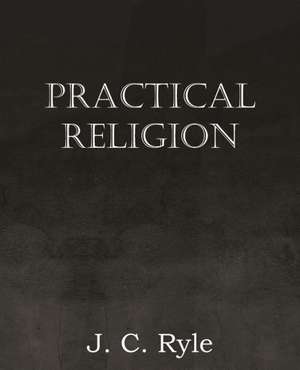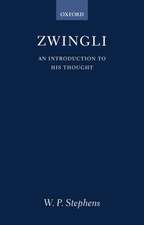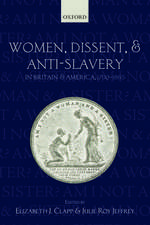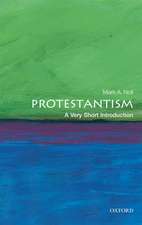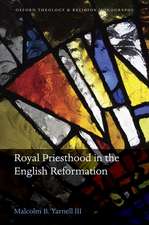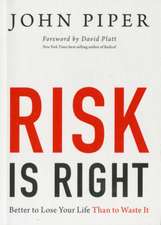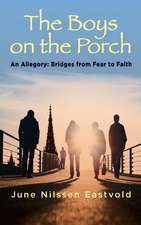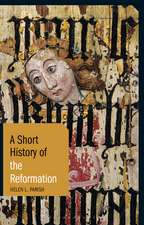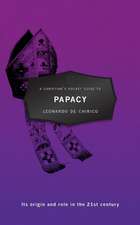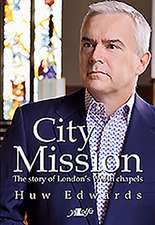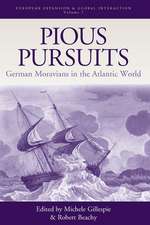Practical Religion
Autor J. C. Ryleen Limba Engleză Paperback – 30 sep 2012
| Toate formatele și edițiile | Preț | Express |
|---|---|---|
| Paperback (6) | 108.95 lei 6-8 săpt. | |
| Bridge-Logos, Inc. – apr 2022 | 120.55 lei 3-5 săpt. | |
| Aneko Press – mai 2024 | 145.22 lei 3-5 săpt. | |
| CREATESPACE – | 147.83 lei 3-5 săpt. | |
| BENEDICTION CLASSICS – 20 apr 2016 | 108.95 lei 6-8 săpt. | |
| Bottom of the Hill Publishing – 30 sep 2012 | 134.37 lei 6-8 săpt. | |
| Indoeuropeanpublishing.com – 19 feb 2019 | 143.42 lei 6-8 săpt. | |
| Hardback (2) | 174.77 lei 6-8 săpt. | |
| BENEDICTION CLASSICS – 19 apr 2016 | 174.77 lei 6-8 săpt. | |
| Indoeuropeanpublishing.com – 20 feb 2019 | 234.97 lei 6-8 săpt. |
Preț: 134.37 lei
Nou
Puncte Express: 202
Preț estimativ în valută:
25.72€ • 26.74$ • 21.33£
25.72€ • 26.74$ • 21.33£
Carte tipărită la comandă
Livrare economică 06-20 februarie 25
Preluare comenzi: 021 569.72.76
Specificații
ISBN-13: 9781612036670
ISBN-10: 1612036678
Pagini: 238
Dimensiuni: 191 x 235 x 13 mm
Greutate: 0.42 kg
Editura: Bottom of the Hill Publishing
ISBN-10: 1612036678
Pagini: 238
Dimensiuni: 191 x 235 x 13 mm
Greutate: 0.42 kg
Editura: Bottom of the Hill Publishing
Notă biografică
John Charles Ryle (1816-1900) graduated from Eton and Oxford and then pursued a career in politics, but due to lack of funds, he entered the clergy of the Church of England. He was a contemporary of Spurgeon, Moody, Mueller, and Taylor and read the great theologians like Wesley, Bunyan, Knox, Calvin, and Luther. These all influenced Ryle's understanding and theology. Ryle began his writing career with a tract following the Great Yarmouth suspension bridge tragedy, where more than a hundred people drowned. He gained a reputation for straightforward preaching and evangelism. He travelled, preached, and wrote more than 300 pamphlets, tracts, and books, including Expository Thoughts on the Gospels, Principles for Churchmen, and Christian Leaders of the Eighteenth Century. Ryle used the royalties from his writing to pay his father's debts, but he also felt indebted to that ruin for changing the direction of his life. He was recommended by Prime Minister Benjamin Disraeli to be Bishop of Liverpool where he ended his career in 1900.
